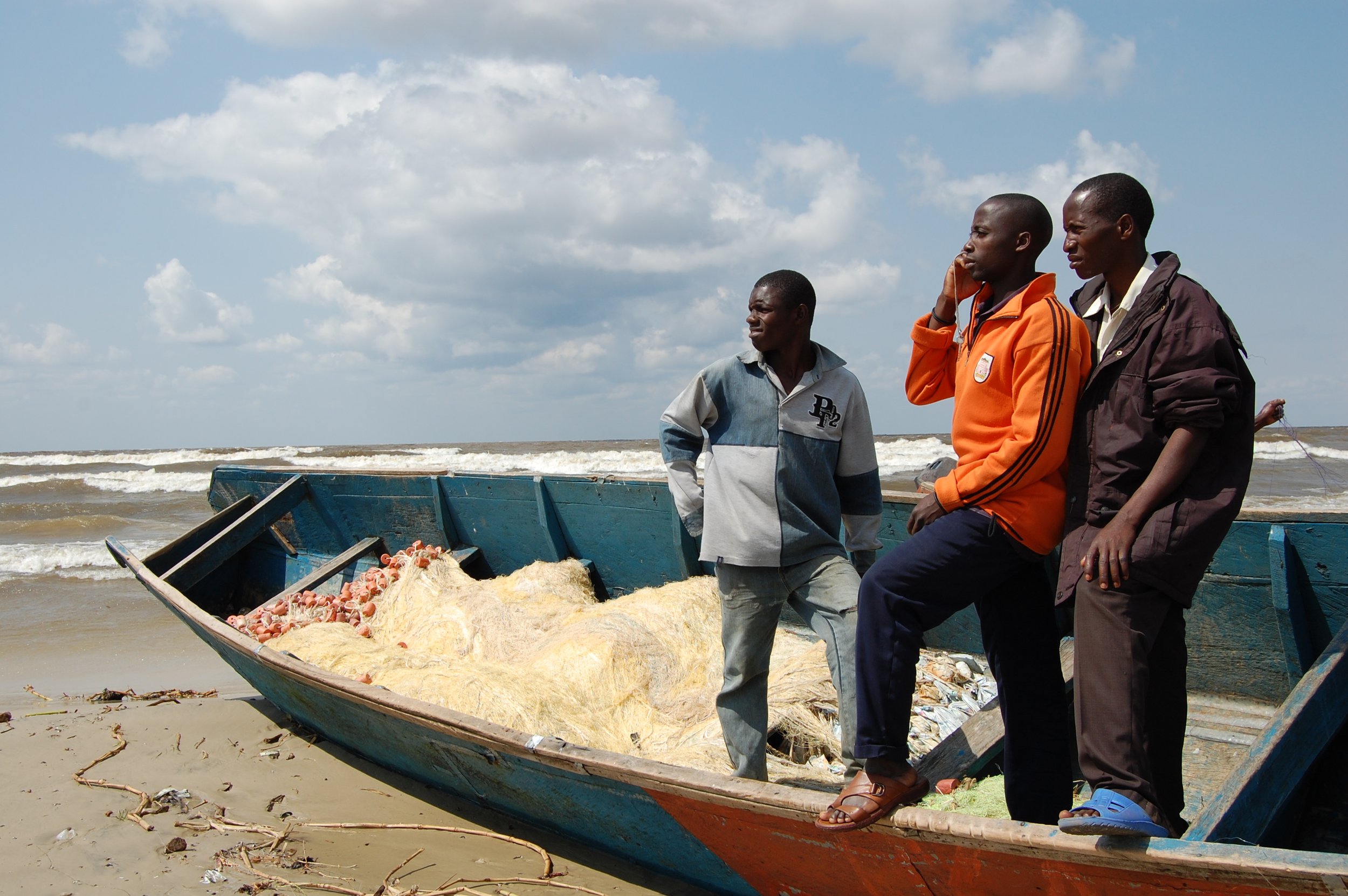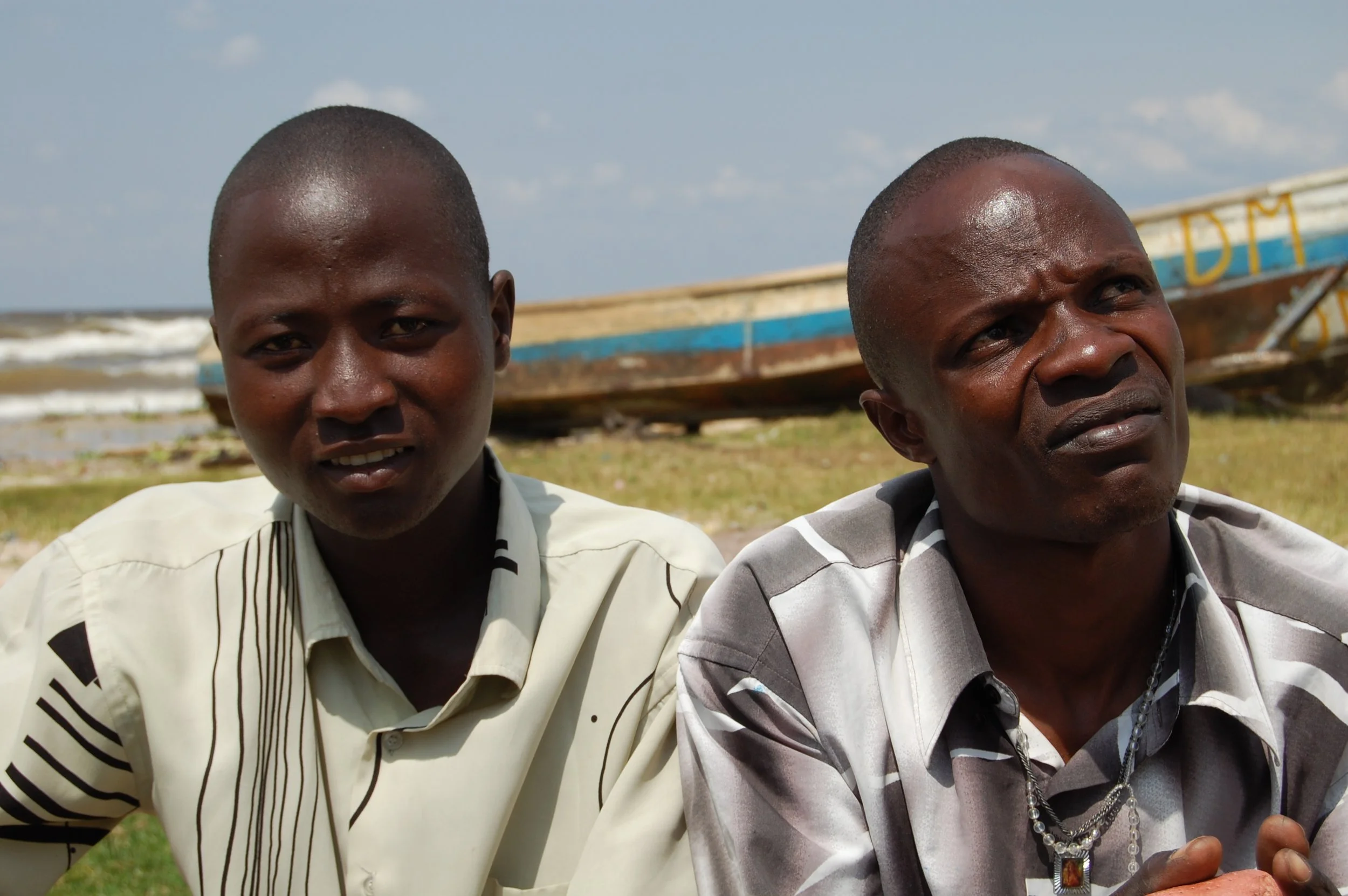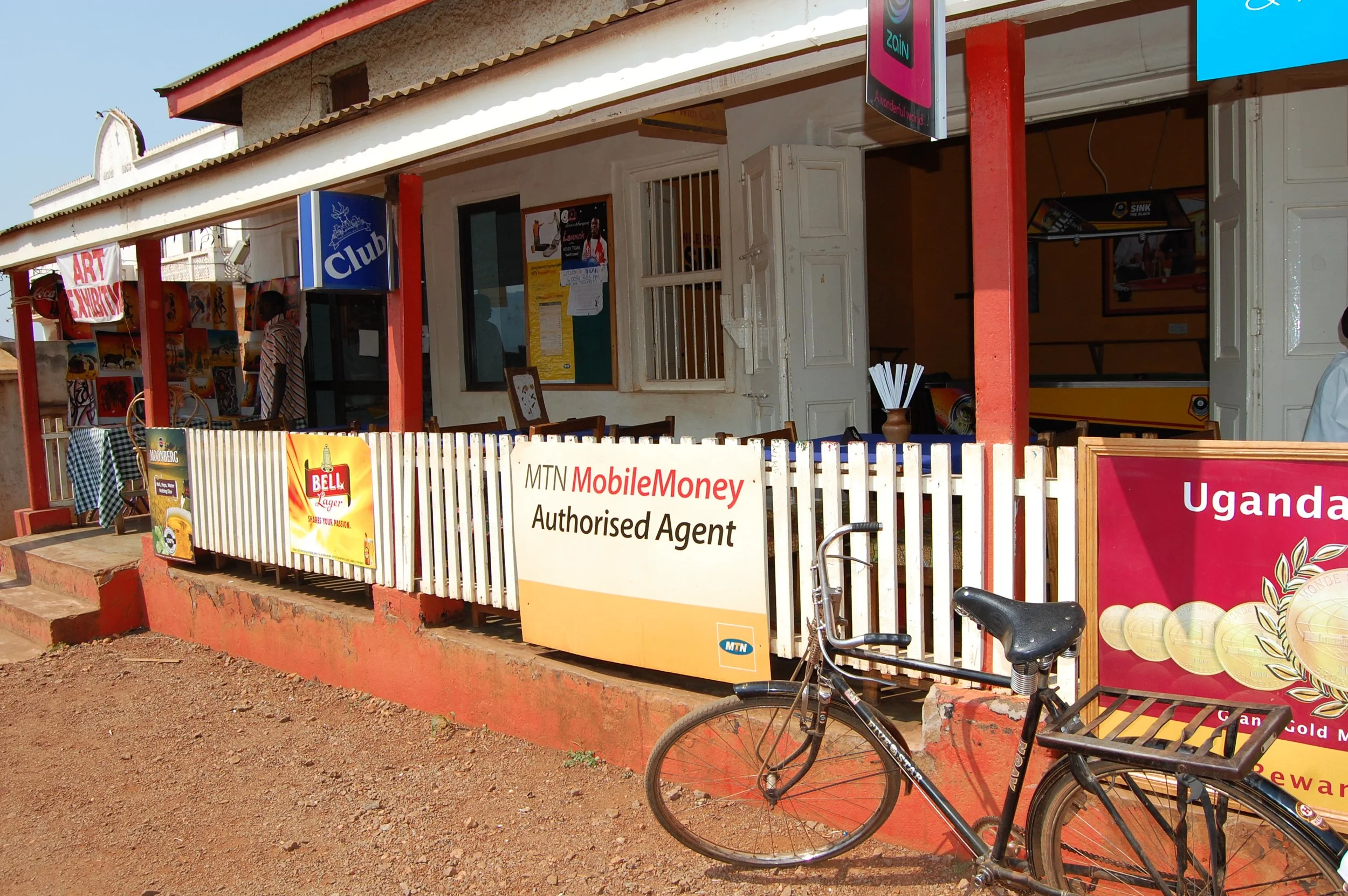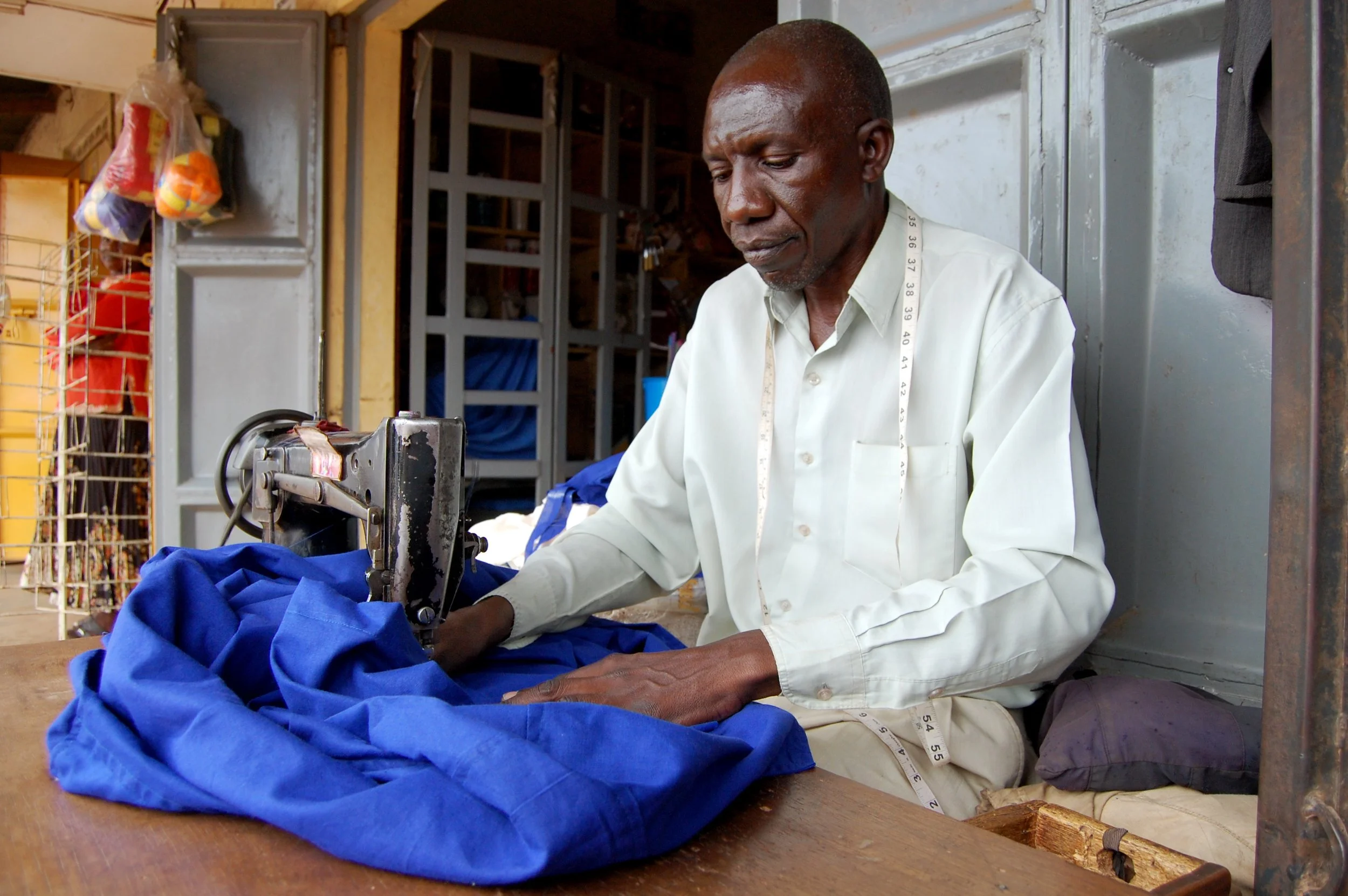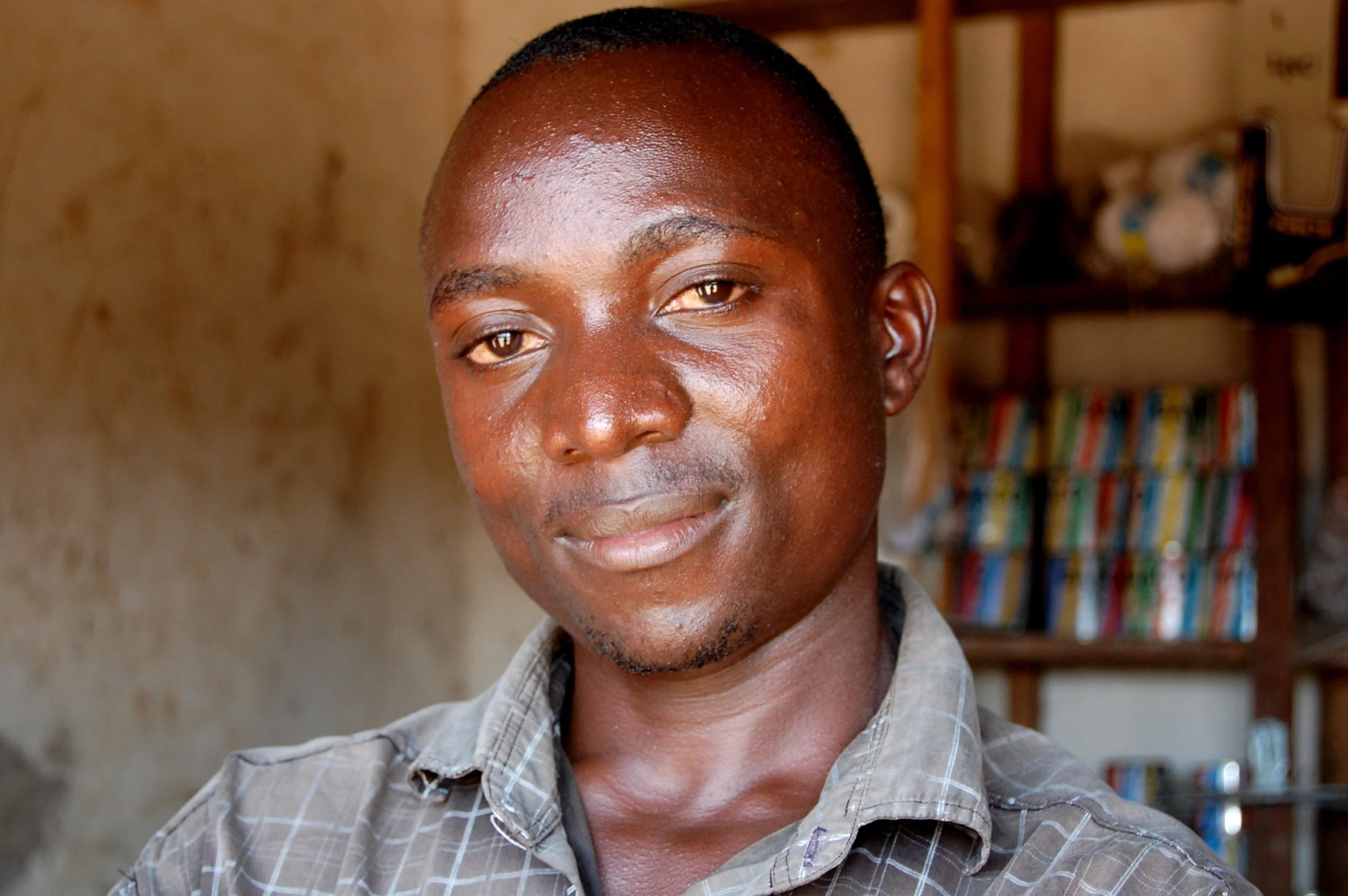Mobile Money
Opportunities and Challenges for Mobile Money in Rural Uganda
Role: Lead Researcher
The Opportunity
The well-documented success of services such as Safaricom’s M-PESA in Kenya and Globe Telecom’s GCash in the Philippines have positioned mobile money as a viable solution to the problem of bringing formal financial services to the world’s unbanked (people without formal bank accounts who operate largely in a cash economies, are limited in their ability to take out loans and maintain savings). Experts like Columbia University economist and emerging markets expert Jeffrey Sachs laud mobile phones as the single most transformative technology for development and that access—access to capital, access to information, and access to mobile technology—is key to bringing financial stability to the world’s unbanked.
Because the financial services industry is not as developed in Africa as in Europe, Asia and North America, those interested in mobile financial services in Africa are in an enviable position. Similar to mobile telephony vs. fixed wire, Africa is poised to leapfrog traditional banking infrastructures with mobile financial services.
Besides access, what could impede this innovation? What are the barriers to widespread acceptance of mobile financial services in Africa? We designed a 3-week, exploratory ethnographic field study to identify behaviors and attitudes of rural Ugandan villagers towards finances that may impact rapid uptake of mobile financial services in rural Uganda. It is our hope these insights will contribute to the growing body of knowledge around mobile money services and help to improve mobile financial services in Uganda as well as other emerging markets.
Findings & Recommendations
Build on the metaphor of selling airtime
We found the participants in our study did not engage with mobile money services because they simply did not understand how the service worked. There are many contributing factors to this confusion that will be difficult to overcome: illiteracy, fear of losing money in the transaction, and lack of comfort with the phones.
However, one identifiable and fixable source of confusion is the mental model of the service. Most promotional materials for mobile money services focused on awareness, benefits of the service, and a key point of interaction – transferring funds on a mobile device. The focus was on transferring funds - the movement of money from one person to another. In order to fill in the conceptual gaps of how the service works, experience with creating and maintaining a formal account, such as a bank account or account with a mobile service provider, is required. If a user has that experiential reference point, they are able to form an accurate mental model of how the service works, giving them confidence to try it.
The creation and maintenance of a formal account with a bank or service provider is an experience most people in rural Uganda have not had. Money transfers are a metaphor they simply cannot relate to. It is a key point of confusion.
What people in rural Uganda do understand and have a wealth of experience with is trading: they understand exchanging assets that are equal in value. The people in our study who seemed to conceptually grasp how mobile money services worked were the ones who related the service to buying and selling airtime. Unlike transferring money, selling airtime mapped to their existing behavior of liquidating fixed assets when cash was needed, or gifting fixed assets to people, such as in the case of remittances.
Unlike the neighboring countries of Kenya, Rwanda and the Democratic Republic of Congo, Uganda has experienced a stable government and minimal civil unrest since the early 1990s. Subsequently, participants in our study did not report fears such as robbery by a neighbor or distrust amongst people within a community. Instead, participants shared stories such as teaching each other how to use a mobile phone and relying on each other for advice on how to get a loan from an MFI. An important finding from our study was that cooperation amongst families and peers is a key component in rural Ugandan culture. Teaching by example and word of mouth are perhaps the most powerful way to dispense information in rural Uganda.
Participants in our study urged us to show them how to use mobile money services on their phone, explaining, “If one of us knows how it works, we can teach the others.” Current mobile money applications are complex and difficult to explain. Privileging design principles such as teach-ability and share-ability will leverage existing cooperative behaviors and go a long way in increasing the uptake of mobile money services in rural Uganda.
Design for teach-ability.
Focus on advice for creating viable businesses as much as providing access to capital
While access to capital is undoubtedly a key component to driving financial empowerment in emerging markets, it must be married in equal measure with advice and support for creating viable businesses with that capital. Without it, financial institutions are potentially driving people already living below the global poverty line deeper into poverty.
Mobile phones are particularly well suited for delivering tailored information that can guide people through a process as well as provide support information. Models in the health sector, such as South Africa’s Project Masiluleke[5], offer users mobile-based support throughout the HIV testing process. Services such as these provide insight into analogous models for mobile based financial services and prove
Opportunities and Challenges for Mobile-based Financial Services in Rural Uganda
CHI 2010, April 10–15, 2010, Atlanta, Georgia, USA
ACM 978-1-60558-930-5/10/04.

